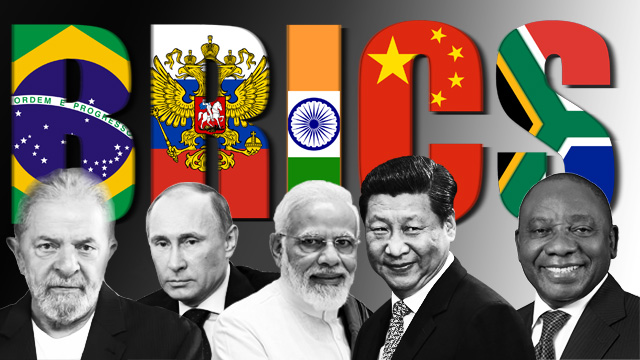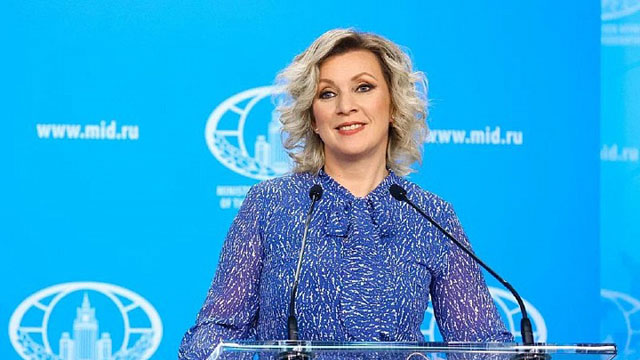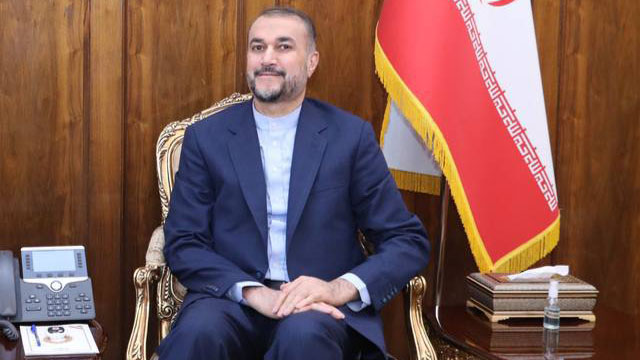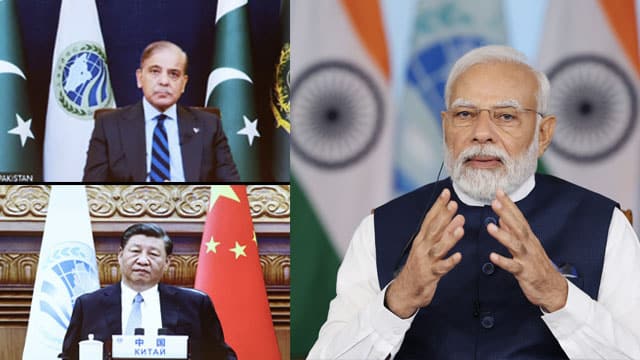BRICS (Brazil-Russia-India-China-South Africa) leaders will meet in South Africa next week to discuss how to turn a loose club of nations accounting for a quarter of the global economy into a geopolitical force that can challenge the West’s dominance in world affairs.
Russian President Vladimir Putin, who faces an international arrest warrant over alleged war crimes in Ukraine, will not join leaders from Brazil, India, China and South Africa amid rifts over whether to expand the bloc to include dozens of Global South nations queuing up to join.
South Africa will host the BRICS summit from August 22nd to 24th.
Spread over the globe and with economies that operate in vastly different ways, the main thing uniting the BRICS is scepticism about a world order they see as serving the interests of the US and its rich Western allies who promote international norms they enforce but do not always respect.
Few details have emerged about what the BRICS leaders plan to discuss, but expansion is expected to be high on the agenda, as some 40 nations have shown interest in joining, either formally or informally, according to South Africa.
These countries include Argentina, Bangladesh, Egypt, Iran, Saudi Arabia, etc.
China, seeking to expand its geopolitical influence as it tussles with the US’s hegemonist quest in Asia, wants to enlarge BRICS quickly, while Brazil and India, who have stronger ties with the West, are resisting expansion, fearing the already unwieldy club could see its stature diluted by it.
The Chinese Ministry of Foreign Affairs (MFA) said it “supports progress in expanding membership, and welcomes more like-minded partners to join the ‘BRICS family’ at an early date.”
Russia needs friends to counter its diplomatic isolation over its special military operations in Ukraine, and so is keen to bring in new members, as is its most important African ally, South Africa.
India is sitting on the fence, measuring the water. Prime Minister Narendra Modi recently went to the US and used India’s antagonism with China to bargain investments and defence cooperation from President Joe Biden’s administration. India has reportedly expressed its reservations regarding the expansion of BRICS.
Modi, who earlier wanted to skip the BRICS meeting in South Africa to avoid irking the US, may have a bilateral meeting with Chinese President Xi Jinping during the sidelines of the summit. This will be the first bilateral meeting between them following a military skirmish between the two countries in mid-2020, which resulted in a standoff at the disputed border regions.
In a nod to the bloc’s African hosts, the theme of its 15th summit is “BRICS and Africa”, emphasising how the bloc can build ties with a continent increasingly becoming a theatre for competition between world powers.
The global geopolitical polarisation is acutely exhibited in the continent. Africa has become an epicentre of new anti-western rebellions.
Following the recent Russia-Africa summit, a coup took place in the former French colony of Niger. The new government of Niger has taken an anti-colonial position and opposed France’s hegemony. Countries like Burkina Faso, Mali and Algeria have jointly resolved to thwart any foreign aggression against Niger, posing a serious threat to the West.
South African Foreign Minister Naledi Pandor said last week that BRICS nations wanted to show “global leadership in addressing the needs… of the majority of the world, namely … development and inclusion of the Global South in multilateral systems”, in a veiled swipe at the West’s dominance.
BRICS nations are keen to project themselves as alternative development partners to the West. The Chinese MFA said BRICS sought to “reform global governance systems (to) increase the representation… of developing countries and emerging markets.”
The BRICS’s New Development Bank (NDB) wants to de-dollarise finance and offer an alternative to the much-criticised Bretton Woods institutions. Member countries like China and Russia have been advocating trading in local currencies to free themselves from the chains of the US dollar-ruled system.
However, South African officials informed the press that discussions over a common BRICS currency, mooted by Brazil earlier this year as an alternative to dollar dependence, are off the table during the forthcoming meeting.
Housing 40% of the global population, the BRICS is now one of the most important non-military blocs in the world. However, there are concerns over its inability to turn into a trading bloc. The NDB cannot also provide the required credit to the developing countries of the Global South.
Still, the BRICS meeting in South Africa is considered a crucial event in the current geopolitical scenario, as the moves by Brazil and India will determine whether the bloc will be able to become a formidable alternative to the West-backed system dominating the world.




